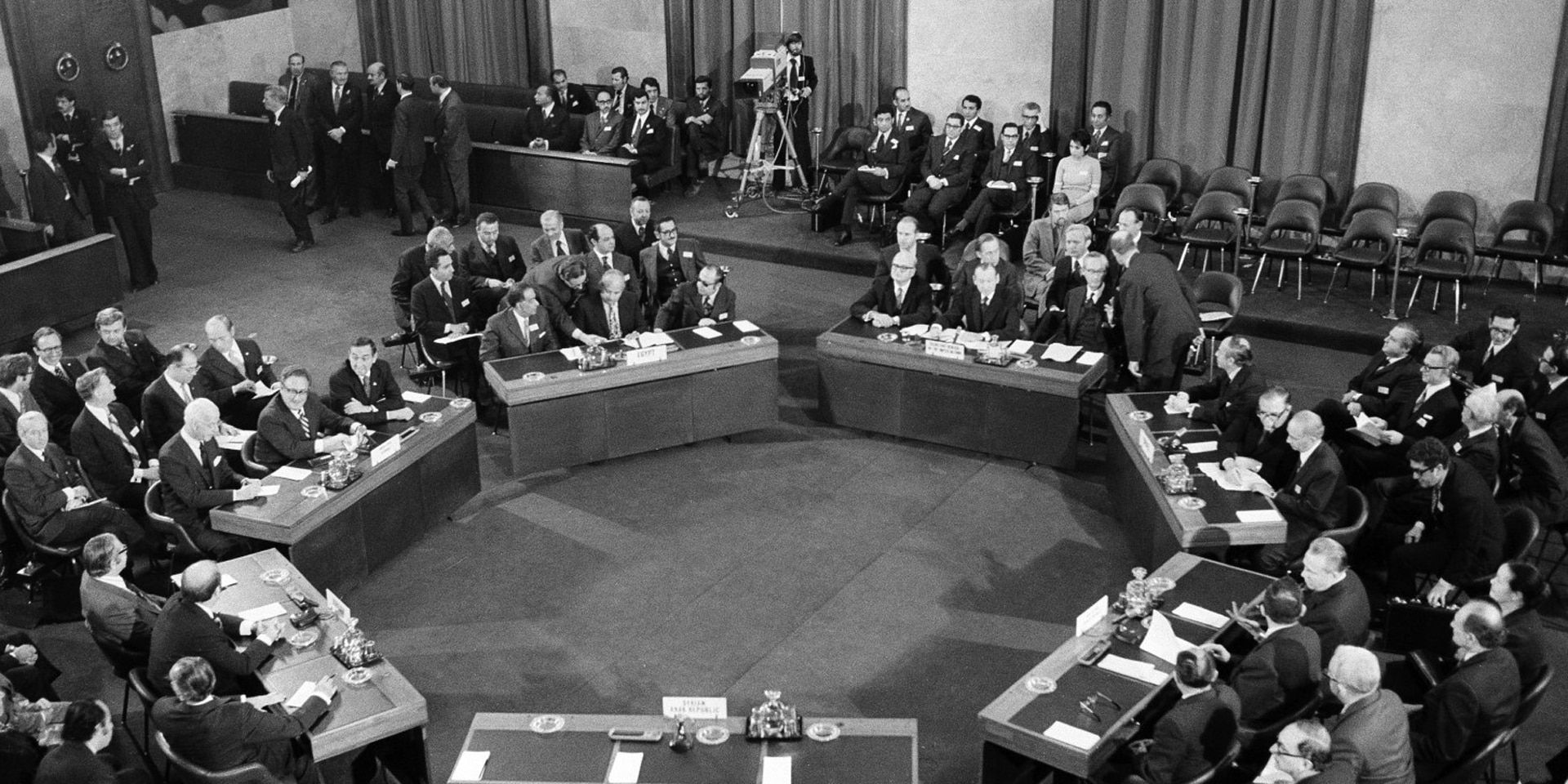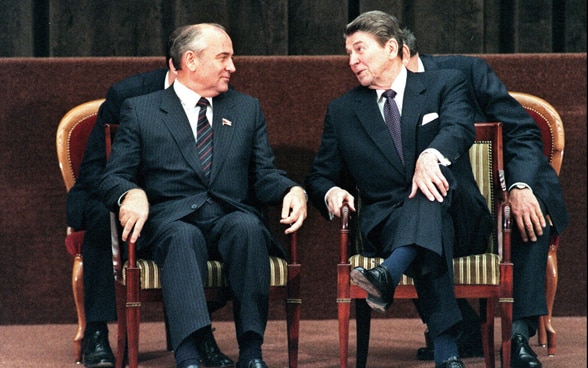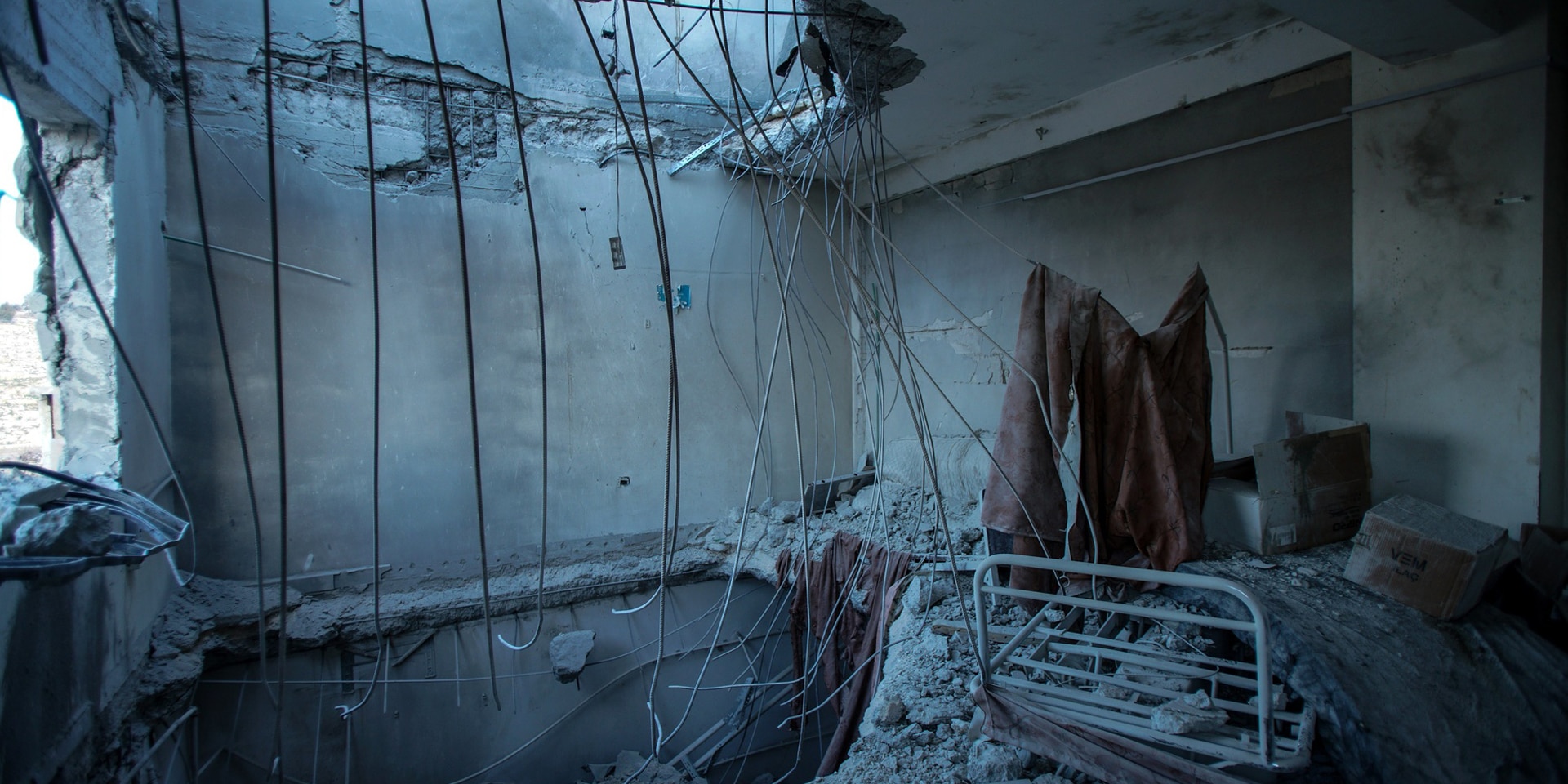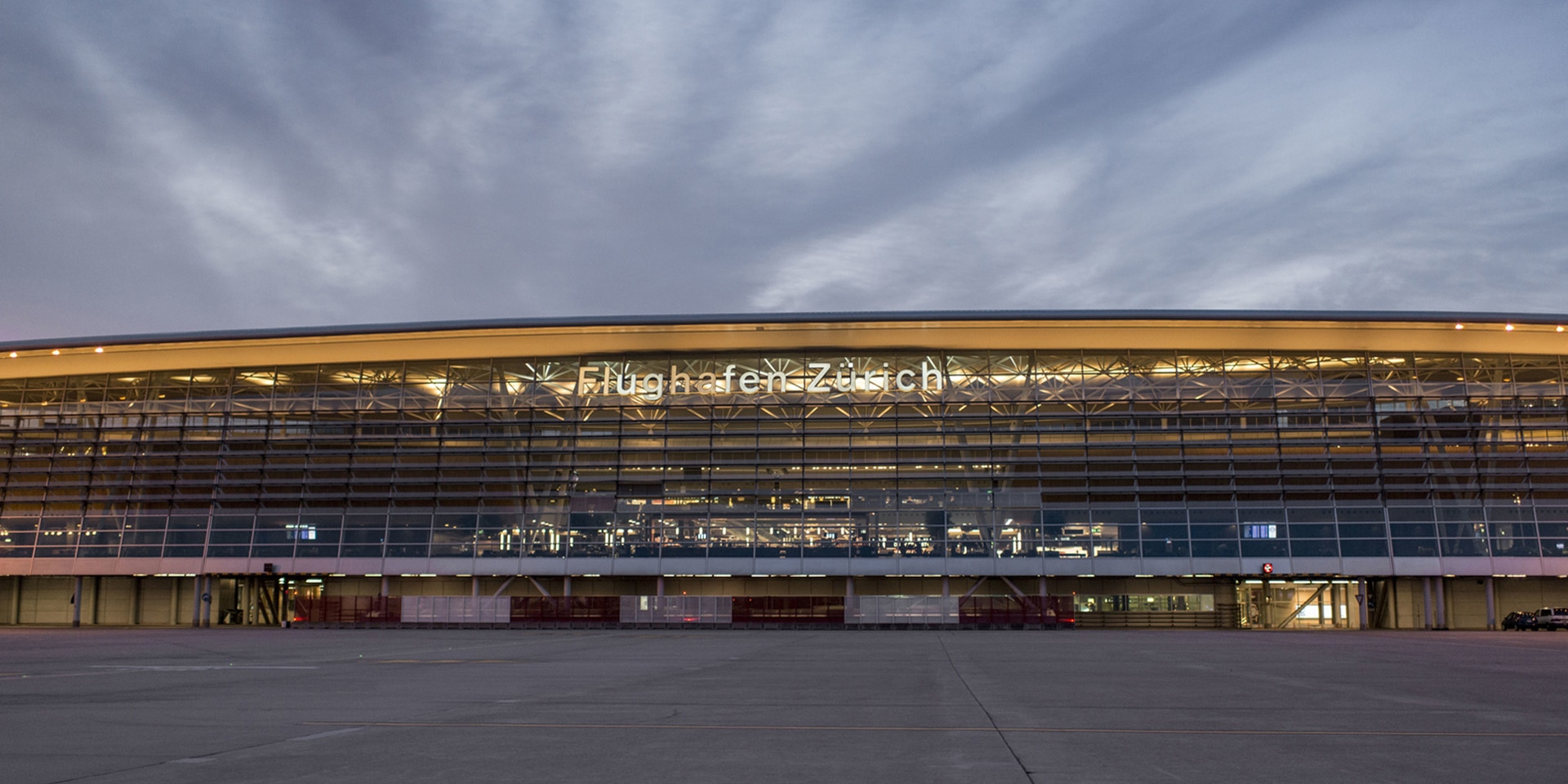Switzerland's current protecting power mandates
- Iran in Egypt
Switzerland has been representing Iranian interests in Egypt since 1979. - United States in Iran
Switzerland has been representing US interests in Iran since 1980. - Russia and Georgia
Switzerland has been acting as protecting power for Russia in Georgia and for Georgia in Russia since 2009. - Iran and Saudi Arabia
Switzerland has been representing Iranian interests in Saudi Arabia and Saudi Arabian interests in Iran since 2017. - Iran in Canada
Since 2019, Switzerland has also been representing Iranian interests in Canada.
A Ginevra la Svizzera accoglie, ad esempio, il processo di pace per la Siria, che riunisce sotto l’egida dell’ONU tutte le parti coinvolte. Per dare la possibilità anche alle cittadine e ai cittadini siriani di far sentire la loro voce nella ricerca di una soluzione duratura per il loro Paese, la Svizzera ha creato una piattaforma specifica (Civil Society Support Room). Nonostante l’irrigidimento delle posizioni e la pandemia di COVID-19 abbiano portato al momento il processo di pace a un punto morto, la Svizzera continua a sostenere la ricerca di una soluzione politica a questo conflitto iniziato ormai dieci anni fa.





